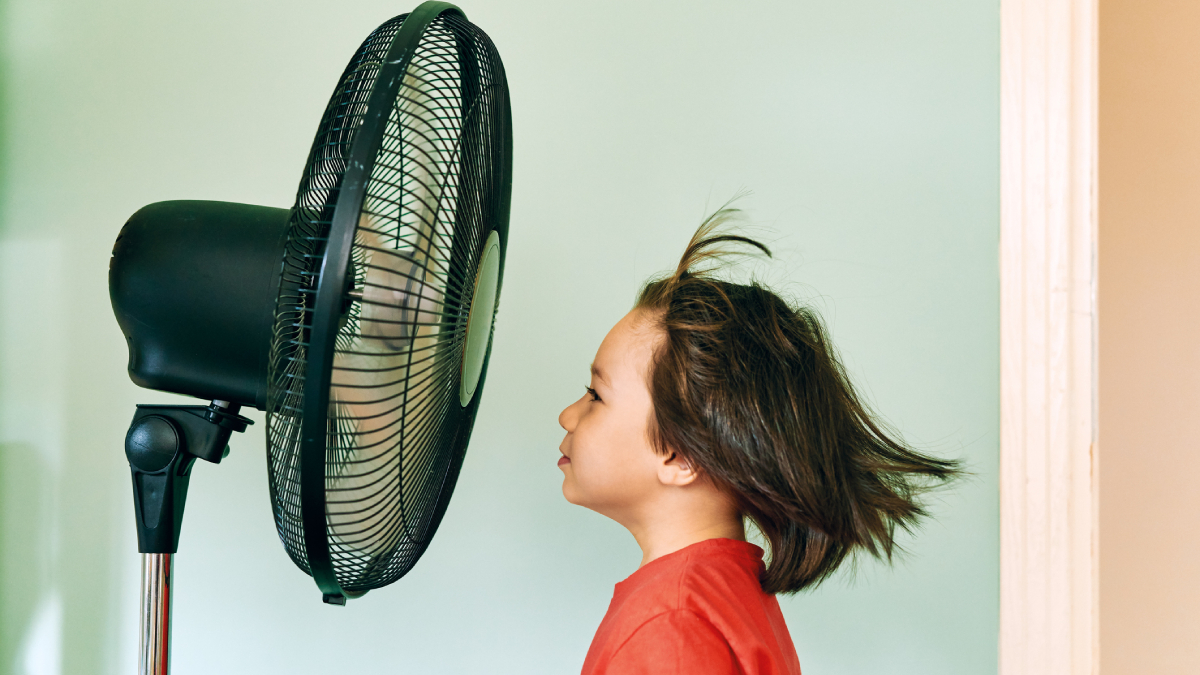
Steer Clear of These 12 Typical HVAC Concerns This Summer
During the heart of the summer, you rely on your HVAC system to keep your home cool and safe from the worst of the heat. However, your air conditioner may experience problems as usage increases as the temperature does. Get the details on these 12 common HVAC problems in the summer months to help you prevent or address them as needed.
1. Weak Airflow
Airflow may get weaker if you have a clog in your system’s air filter, faulty ductwork or a blocked condensing unit. Preventive maintenance such as swapping out the air filter, leaving all air registers free from obstruction and clearing vegetation from around the outdoor unit will often enhance airflow. A constant stream of problems might mean there are serious problems like ductwork obstructions or a malfunctioning compressor, which will all require professional service.
2. Refrigerant Leak
The refrigerant supply is the essential component in air conditioning. Leaking refrigerant reduces the system’s useable supply and decreases cooling efficiency, forcing your unit to work harder and longer even as the cooling effectiveness falls away. Refrigerant problems are more frequent in older units but may pop up in any system strained by higher usage. Signs you may have a leak include warm air blowing from your vents, hissing or bubbling sounds, and unexpectedly high cooling costs. Only HVAC professioals can resolve the problem since working with refrigerant requires EPA certification.
3. High Humidity
Having too much indoor moisture levels makes the air feel muggy and promotes mold or mildew. An air conditioner and dehumidifies the air at the same time, but this may not always be enough in the South or other warm climates. Installing a dehumidifier can solve the problem unless the cooling has small but growing issue that encourages humidity levels to go up.
4. Poorly Adjusted Thermostat
Having the wrong thermostat settings can result in performance issues and higher energy bills. If you encounter these or similar problems, go check on your thermostat. If someone else at home keeps adjusting the settings up or down, it’s harder to balance convenient comfort and energy efficiency.
5. No Power Is Making It to the Air Conditioning
If your AC doesn’t start, check for a tripped breaker or blown fuse before anything else. If this isn’t the case, there could be something wrong with the unit’s capacitors or contactors, which start the unit. Reach out to a professional to schedule a repair appointment.
6. Constantly Tripping Breakers
Staying on the subject of circuit breakers, you shouldn’t have to repeatedly reset them. The HVAC system should always be on a dedicated circuit sized to work with this sort of equipment. Regular circuit breaker trips is a safety hazard, as it’s an electrical malfunction that needs urgent attention.
7. Clogged Condensate Drain
The condensate drain gets rid of condensation produced by your AC system’s cooling cycles. An obstruction in these drain lines can lead to water damage or mold gaining a foothold. Try to keep a regular schedule when you review and clean this drain if you need to prevent water damage.
8. Ice and Freezing Problems with Your Air Conditioner
A frozen air conditioner often comes from poor airflow or a refrigerant leak, both of which may halt the unit from properly transferring hot and cold air. A solid layer of ice on the coil gets in the way of the cooling process and could even cause extended damage. Consistent maintenance is smart if you want to prevent freezing and preserve efficient operation.
9. Dirty Condenser Coils
The condenser coils on the outdoor cabinet are always left to the elements, so dirt and debris may collect over time. Cobwebs, dirt and dust, grass clippings and other common outdoor debris cover up the unit, restricting its ability to safely exhaust heat and worsening daily wear and tear. Clean these coils regularly with a soft spray from the hose to help protect system efficiency.
10. Unusual Smells
If you pick up strange smells coming from somewhere in the air conditioner, examine further to determine where they’re coming from. A burnt smell might indicate electrical damage or a component overheating, while a moldy smell means mold growth somewhere. These kinds of smells often need quick attention to prevent health problems and performance issues.
11. Strange Noises
Strange noises coming from your HVAC system is a telltale sign something isn’t right. Screeching is associated with a belt that needs replacing, while rattling or banging sounds could point to loose or broken components. Don’t try and ignore these kinds of noises, as they could leave you with widespread problems, costly repairs or premature system failure if not resolved immediately.
12. Short Cycling
Short cycling is when the air conditioning switches off and on more frequently than usual. This is usually pointing to an overpowered air conditioner, a clog in the air filter or electrical malfunctions. Sudden short cycling hurts efficiency and can reduce your unit’s life span, so call local professionals to troubleshoot the cause and suggest a solution.
We Are Dedicated to Your Comfort
At Motta Heating and Air Conditioning nothing is more important to us than your comfort and peace of mind. Our ACE-certified technicians provide prompt, but long-lasting solutions to whatever comfort problem you’re facing, with service backed by our 100% satisfaction guarantee. If you’re not completely happy with our work, we’ll make it right. So, whenever your AC unit starts short cycling or making strange noises, contact us for Expert service that always exceeds expectations.

